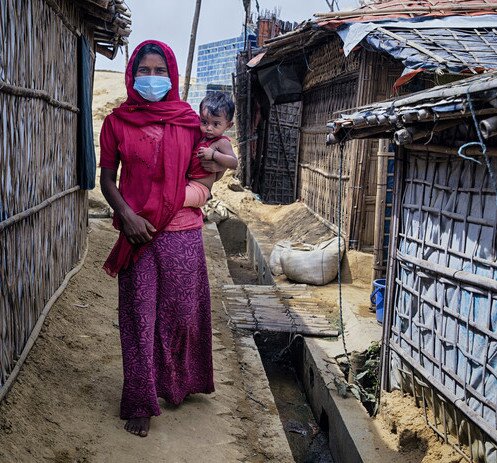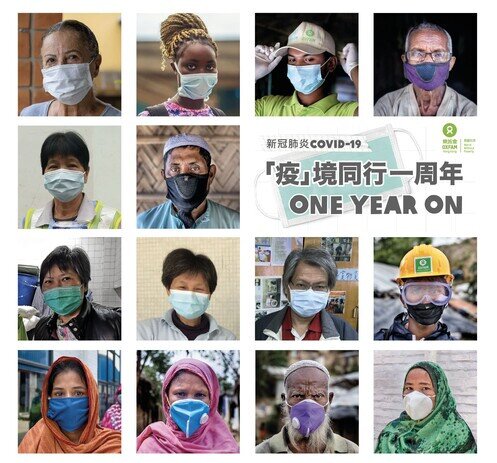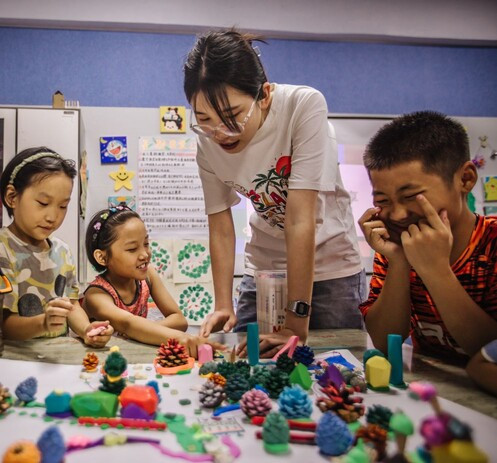Other parts of Asia31 OCT 2019
No Longer Trespassers of Their Own Land

Oxfam Hong Kong
Oxfam is a global organisation committed to creating a world without poverty through its advocacy, development and humanitarian work.
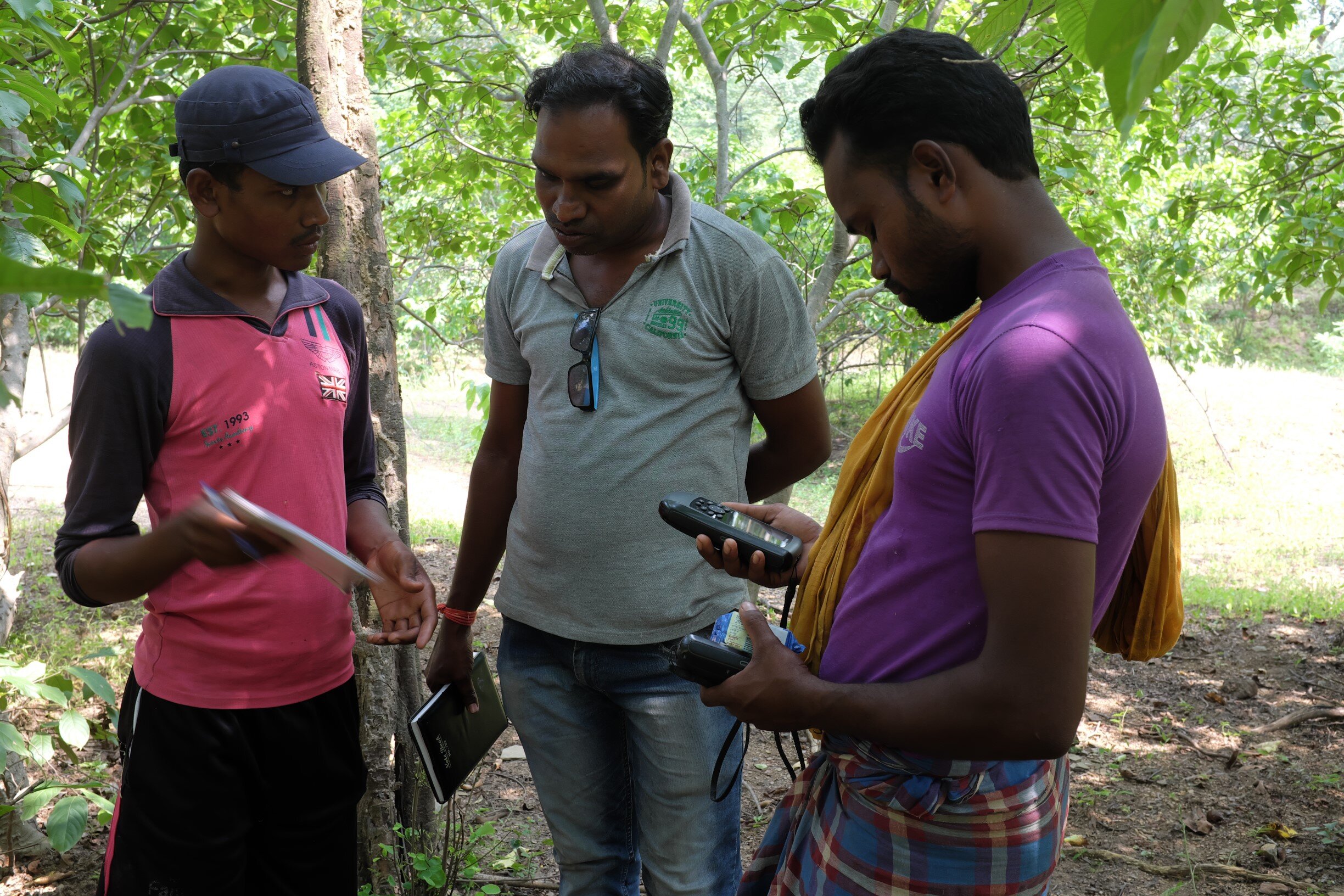
Villagers receiving GPS training from KHOJ staff. (Photo: Rohan Mukherji)
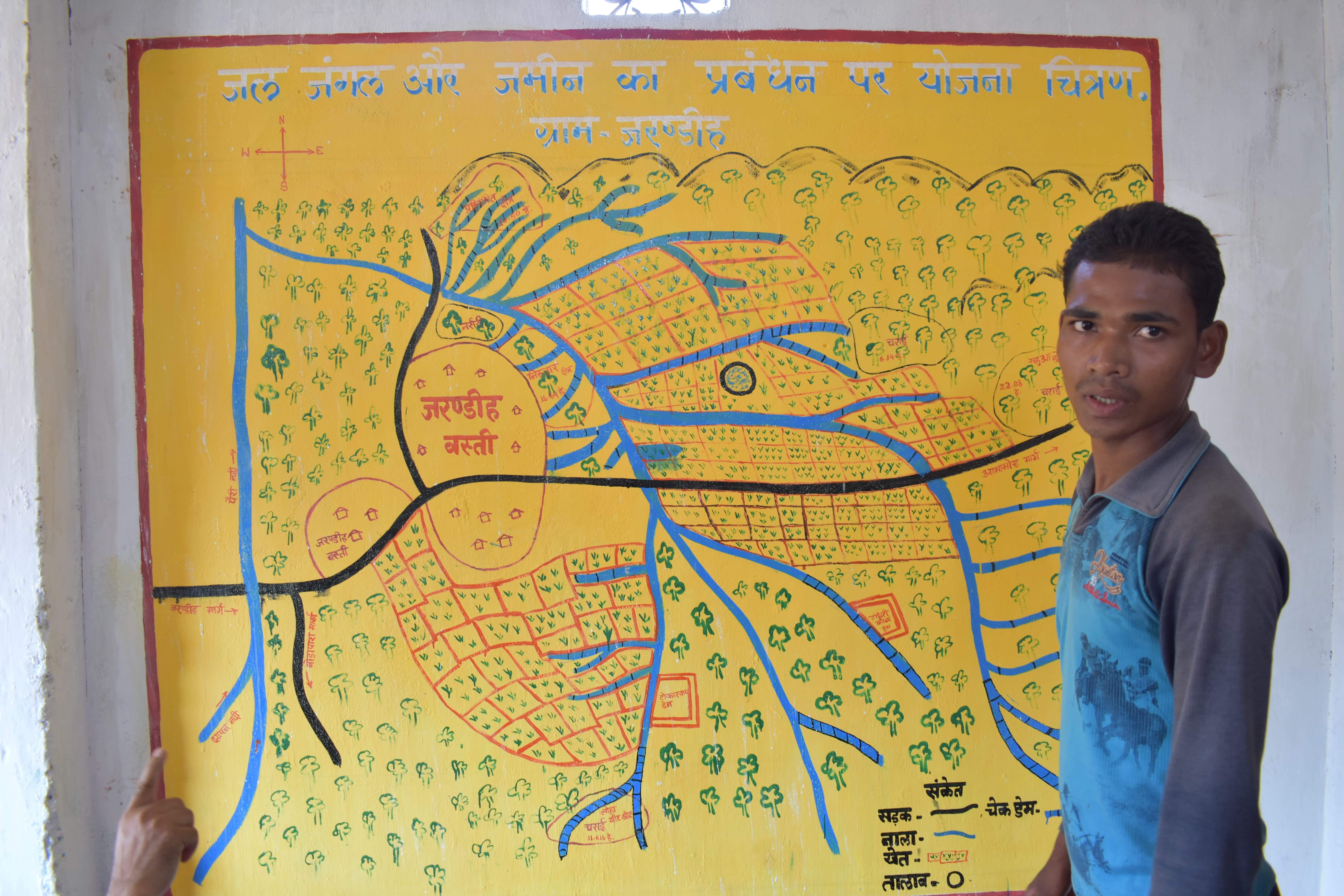
Charan Singh Sori, a youth undergoing GPS training, presenting how the village manages the community forest in front of the village resource map. (Photo: Yvonne Chan / Oxfam)
In less than a week, we’ll be observing the International Day for the Eradication of Poverty – a day that was adopted to raise awareness for the need to eradicate poverty and destitution in all countries. What comes to mind when you think of poverty alleviation initiatives though? Soup kitchens? Agricultural projects? While these initiatives may seem run-of-the-mill to some, there’s been no lack in creativity since the fight against poverty began. Oxfam’s GPS project in Chhattisgarh, India, is a case in point.
Like most forest dwellers, residents of Jarandih, a small village near the forests in the State, are tribal people – a people more marginalised than the lowest caste. Prior to the enactment of India’s Forest Rights Act – which acknowledges tribal communities’ rights to forests – they lived as trespassers on their own land even though they’ve lived there for hundreds of years and are dependent on its resources.
Despite legislation, however, the recognition process of their entitlement to forest land has been sluggish because of the different priorities of the State’s Forest Department. Lucrative mining and other development projects in these resource-rich forest areas, which contribute to the State’s GDP, have taken precedence over forest dwelling communities’ interests and have led to forest degradation, affecting tribal communities’ livelihoods and leaving them vulnerable to displacement.
Together with our partner Khoj Avam Jan Jagrit (KHOJ) though, we’ve been providing GPS training so local communities can identify and map out their forest boundaries. This is enabling villagers to manage and claim their land, and even settle disputes with their neighbouring villages. Claiming this land has also secured their livelihoods as they now have the right to collect dry fallen wood from their forest too.
With this training and KHOJ’s support, the community started collecting data about their community forest area and planned how to better govern their resources. The data and local government’s recognition of villagers’ capacity to manage the forest enabled villagers to not only gain their community forest right, but also protect it through regular patrols; they’ve even stopped a company from illegally mining sand from their forest.
This GPS project has shown that finding innovative solutions to problems can not only improve the lives of those in poor communities, but also empower them. One villager in Jarandih summed this up when she said, ‘We used to think the Forest Department was the owner of the forest, but now it is not – we are the ones protecting the forest and own the forest.’

